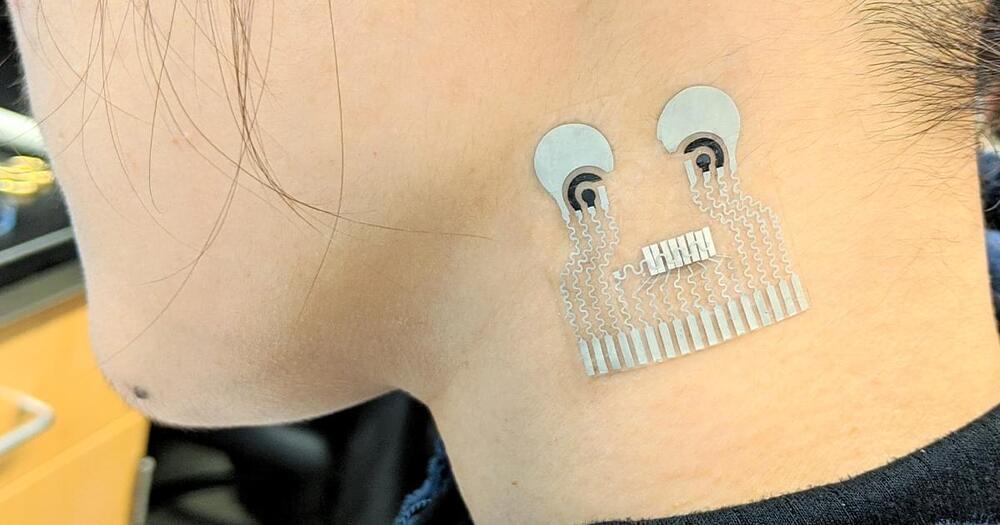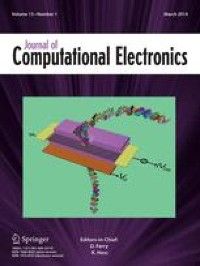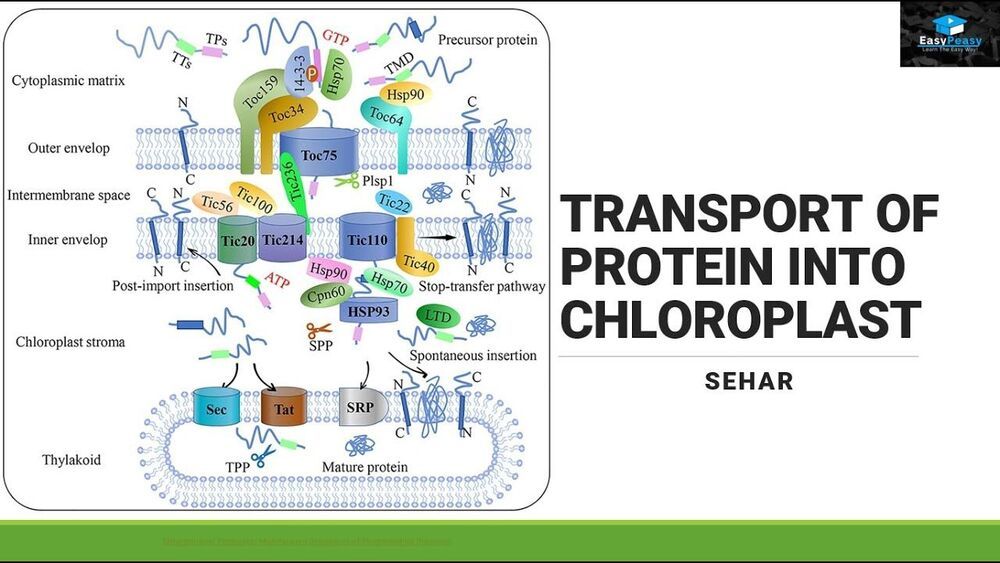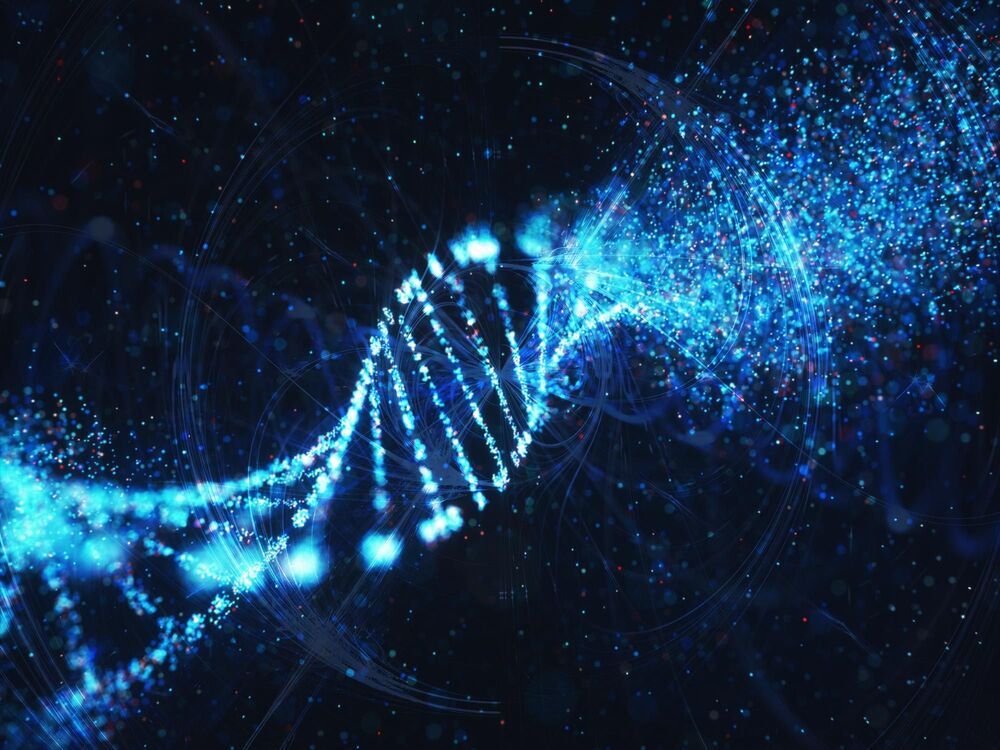This enables scientists to determine an organism’s biological age with high precision. Get the details here.
A study of a guaranteed income program in Stockton, California, found that after receiving an extra $500 in cash each month for a year, recipients had better job prospects and improved mental health.
As part of the Stockton Economic Empowerment Demonstration (SEED) pilot program, 125 people in the California city received $500 per month for 24 months starting in February 2019. The program, initiated by former Mayor Michael Tubbs, chose recipients in neighborhoods at or below the city’s median household income of $46033. The money, in prepaid debit cards, was unconditional, meaning people could spend it as they chose.
A study released Wednesday based on the first year of the project, from February 2019 to February 2020, found that beneficiaries got full-time jobs at over twice the rate of non-recipients, were less anxious and depressed over time, and reported improvements in emotional health, well-being and fatigue.
Researchers at the University of California San Diego (UCSD) have developed a wearable health monitor that may bring us one step closer to the dream of Star Trek’s famous tricorder.
The monitor, a stretchy skin patch, can do it all: measuring blood pressure and heart rate, your glucose levels, as well as one of alcohol, caffeine, or lactate levels.
According to UCSD’s press release, the patch is the first device to demonstrate measuring multiple biochemical and cardiovascular signals at the same time.
Conspiracy theories never mutate to become a wider, funnier, more hopeful reality-map. This one has turned into QAnon and Pizzagate.
View 22 more replies.
Stephen Langevin.
Dirk Bruere.
While we cannot efficiently emulate quantum algorithms on classical architectures, we can move the weight of complexity from time to hardware resources. This paper describes a proposition of a universal and scalable quantum computer emulator, in which the FPGA hardware emulates the behavior of a real quantum system, capable of running quantum algorithms while maintaining their natural time complexity. The article also shows the proposed quantum emulator architecture, exposing a standard programming interface, and working results of an implementation of an exemplary quantum algorithm.
Protein Trafficking in Chloroplast.
This Video Explains Cellular Compartmentation And Protein Sorting (Protein Transport in Chloroplast)
Thank You For Watching.
Silq is a new level of intuitive programming language developed to leverage the power of quantum computers enabling it to solve problems that would take a thousand years for classical computers or even supercomputers to solve.
An innovative study has confirmed that quantum mechanics plays a role in biological processes and causes mutations in DNA.
Quantum biology is an emerging field of science, established in the 1920s, which looks at whether the subatomic world of quantum mechanics plays a role in living cells. Quantum mechanics is an interdisciplinary field by nature, bringing together nuclear physicists, biochemists and molecular biologists.
In a research paper published by the journal Physical Chemistry Chemical Physics, a team from Surrey’s Leverhulme Quantum Biology Doctoral Training Centre used state-of-the-art computer simulations and quantum mechanical methods to determine the role proton tunneling, a purely quantum phenomenon, plays in spontaneous mutations inside DNA.
This X Does Not Exist
Posted in futurism
Using generative adversarial networks (GAN), we can learn how to create realistic-looking fake versions of almost anything, as shown by this collection of sites that have sprung up in the past month.
Kevin Cuevas.
Rookie numbers we can doom ourselves far faster, but we probably wont because survived at least 6 mass extinctions and that drive probably wont change with level of tech we have now.
Nick Vincent.
In the 1970s they said we would all be dead by now because of the ice age coming.
7 Replies.









